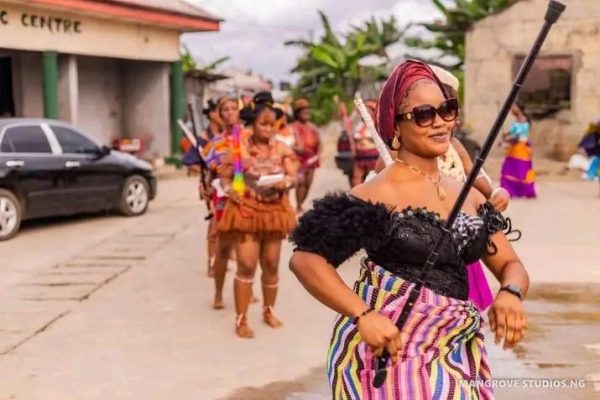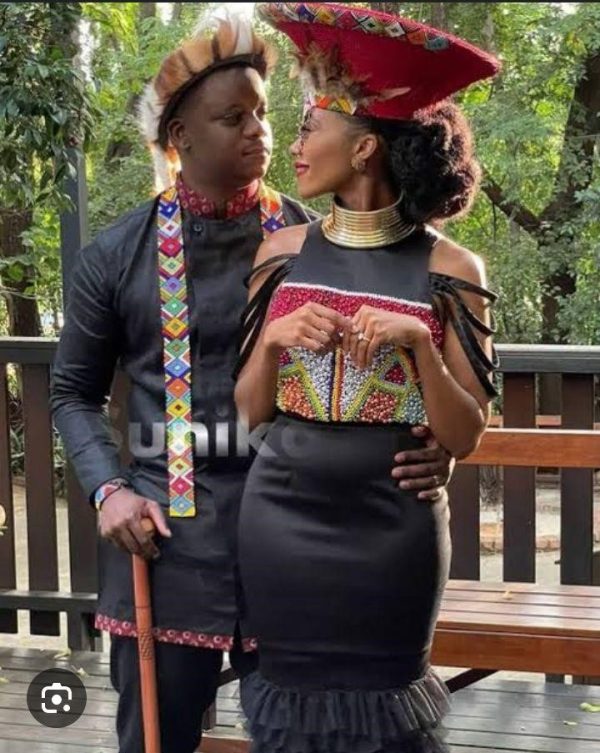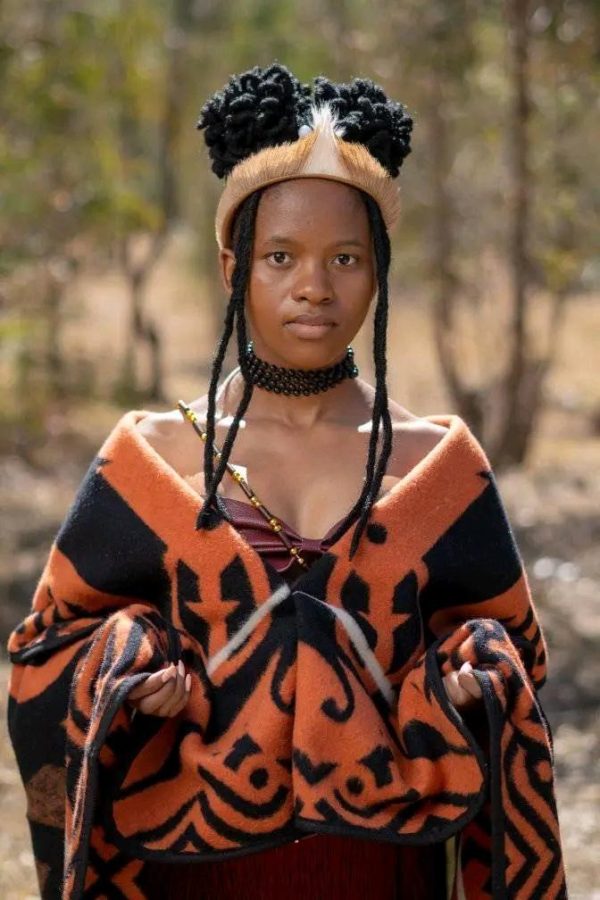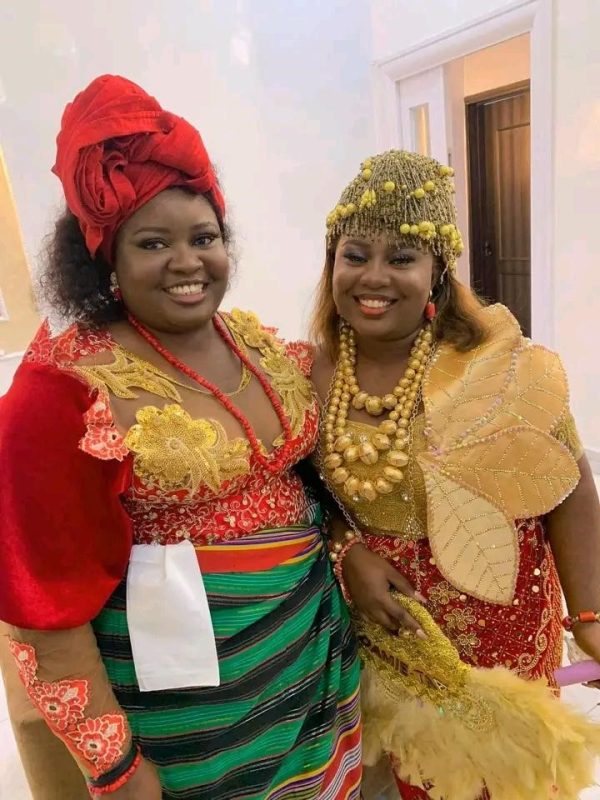Tribal Consciousness of an African Dressing
Dressing in an African setting draws attention to what binds us as a people and it is often reflected in our shared beliefs, practices, or standards.

In Africa, there is a strong romance between dressing and personality. The dress sense of an African culture reveals status such as married, a ruler or royalty, monarch, traditionalist, etc.

Dressing in an African attire often reflects societal beliefs or values. A Zulu man in South Africa wears elaborate headbands to indicate authority and statues which is a reflection of the South African cultural euphoria.
African cultural dressing embodies meaning and identification: For example, in a typical Youruba culture of Nigeria their major traditional dresses include Bauba, Elemi sokoto, Siki, Agbada, and Sapara. During any occasion like weddings the parties wear any one or more of these clothes with different colors differentiating the bride from the groom.

Modesty and responsibility is often attached to the African dress culture because most persons are judged to be properly groomed from their dress sense and portrays them as worthy ambassadors of their region.

Dressing in a specific dress outfit of an African tribe, paints a picture and a reminder of where one comes from and what he or she is expected to promote.
The African dressing culture is a summary of African common values. Once a tribe is spotted in her attire, it brings back memories and evokes thoughts of such a tribe: their beautiful environment, the rich cultural heritage, their dance, music, food, and the morals upheld in such culture, etc.

In summary, African dressing ensures commitment to the true African history or story. Being dressed in an African attire reminds one of the culture, beliefs, customs, norms, and identity of a true African spirit and the need to remain faithful to the African dream.